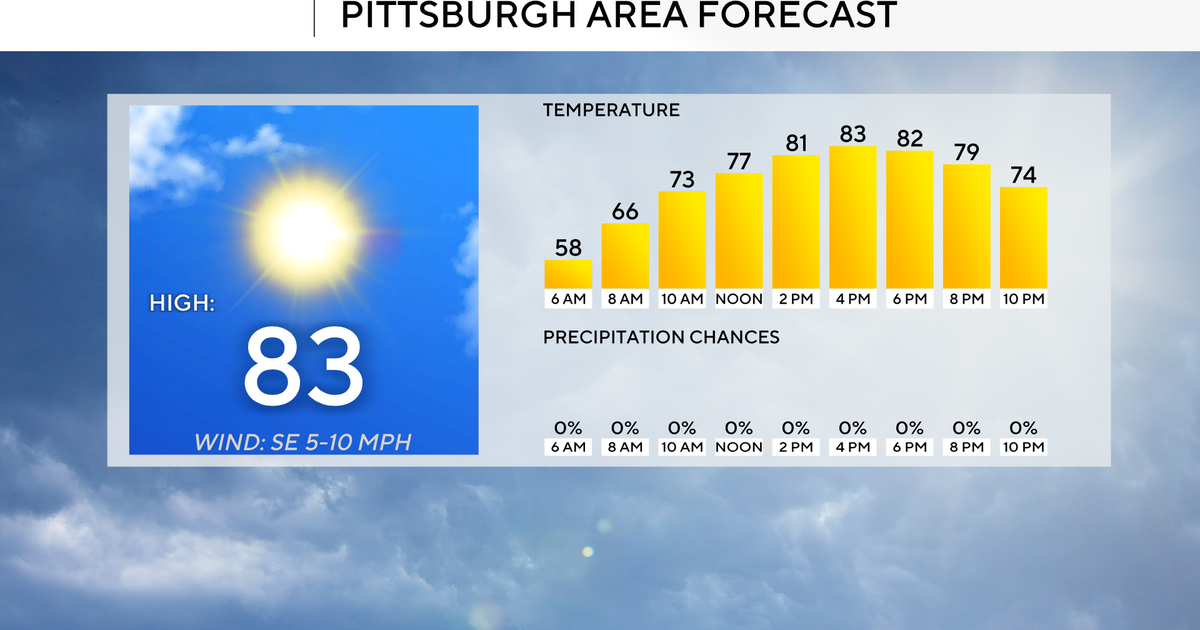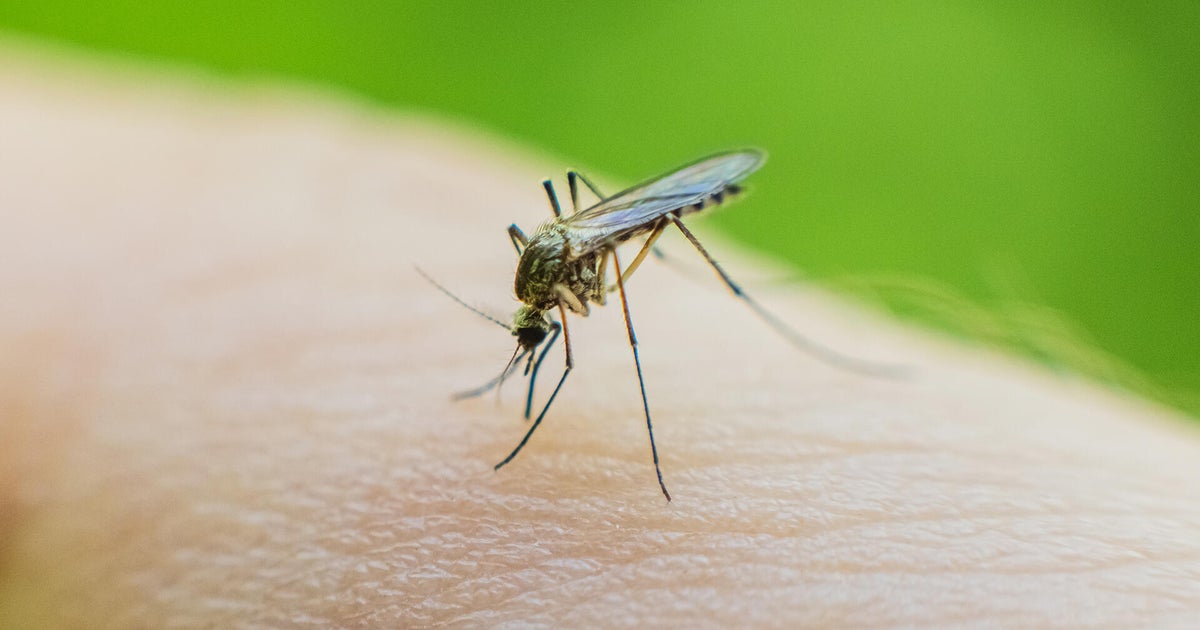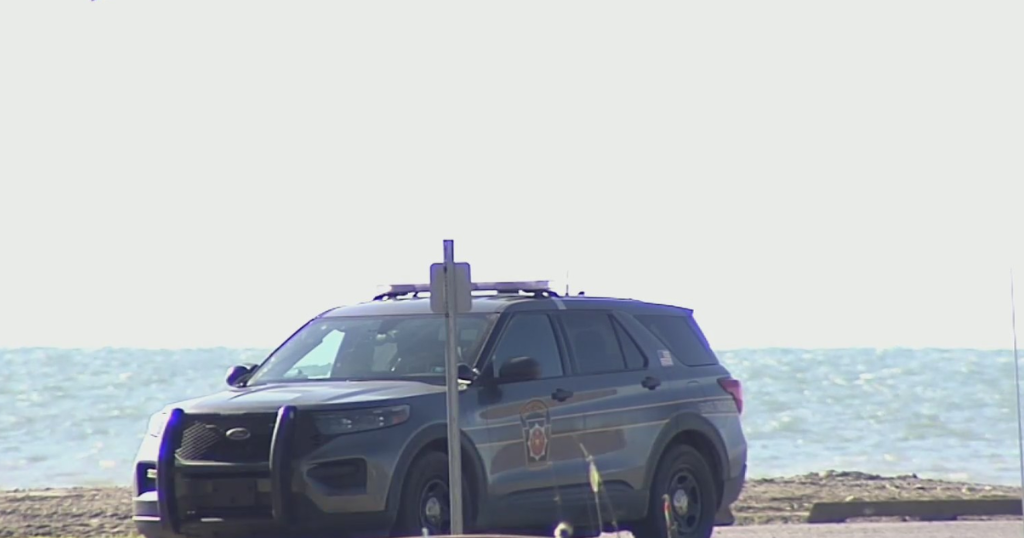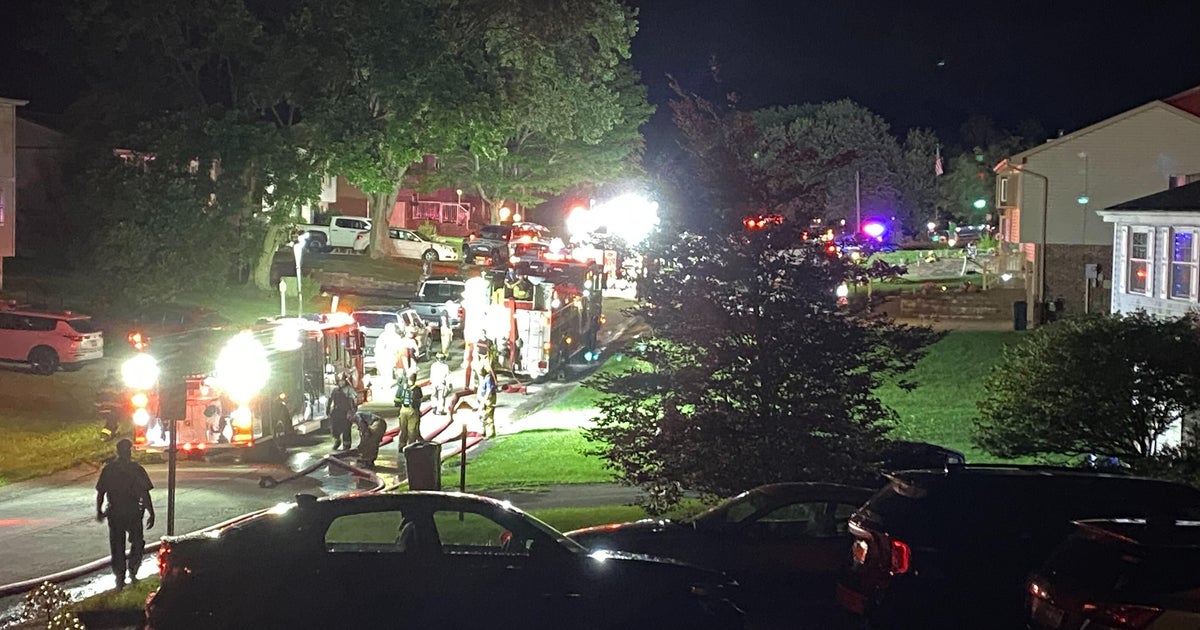Coronavirus In West Virginia: WVU Researchers Are Testing A Way To Detect Coronavirus In Healthcare Workers Before They Show Symptoms
PITTSBURGH (KDKA) - What if there were a way to know you have a coronavirus infection before you show symptoms?
Researchers at West Virginia University are trying to figure this out with an at-risk group — healthcare workers.
"You have to worry," says Curtis Ash, nurse manager in the emergency department at West Virginia University Hospitals. "Most of us have families that we are going home to. Some of us have dual healthcare families, where both parents are working in healthcare."
The study involves a ring that measures body functions, such as temperature, heart rate, breathing and sleep cycles.
This is coupled to a smart phone app that sends daily questionnaires: "How are you feeling? Are you showing any symptoms? What's your activity like? How's your sleep? How alert are you?"
And games: "Your response times to a dot flashing on the screen. Pick the letter that was there before type testing."
The idea is to collect all this information and correlate it with the onset of symptoms, nasal swabs, and blood tests, then put it through artificial intelligence to see if any predictive patterns emerge.
For example, Dr. Ali Rezai says his team has already noticed changes in REM sleep, increases in respiratory rate, fatigue and anxiety scores just before the fever starts.
He wants to know if there is a reliable pattern days before, akin to digital PPE.
"Our goal was to find a way we can accelerate the early detection and limit the spread," he said. "The more subjects we have enrolled, the more we can learn."
Already, 180 study participants have enrolled in West Virginia, with others joining the study in Philadelphia, New York and Nashville.
"There were lines of people -- of our staff people waiting, from our emergency department -- waiting to sign up," says Ash.
Participants wear the ring 24/7, spend 10 minutes a day on the app and commit themselves for 12 weeks.
"I hope we get a glimpse into our health," he says.
Dr. Rezai hopes to roll out the technology to other frontline workers beyond healthcare — such as police, EMS and fire crews.




